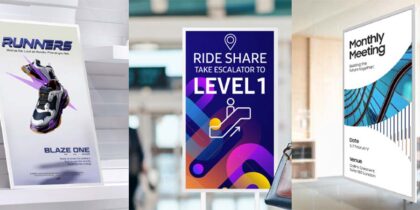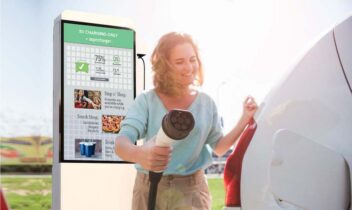Our mobile device obsession runs deep. According to Pew Research, nearly half of Americans “couldn’t live without” their smartphones. And that extends to travel: The Hotels.com Mobile Travel Tracker, a global study of 9,200 travelers across 31 countries, found that 76 percent of travelers named their mobile device their number one travel accessory, with twice as many people choosing to travel with it than with their loved ones.
With this in mind, it’s no surprise that mobile hotel check-in and booking are increasingly popular with travelers, as is the option to pay with your phone, according to the survey. Hotel guests increasingly see their mobile devices as the key to making their entire stay more convenient — in fact, using their phones as their keys is another increasingly important convenience.
Guests Seek Mobile Booking and Check-In Options
The Hotels.com research found that 42 percent of people globally have booked a hotel on a mobile device, with the top reasons being business trips (29 percent), short breaks domestically (30 percent) and short breaks abroad (30 percent). When travelers can manage booking and then handle hotel check-in right on their phones or on lobby kiosks, it makes their experience hassle-free and highly convenient.
Mobile Payment Choices Must Be Diverse
The value travelers place on mobile check-in options extends to payment as well. Fifty-four percent listed having a variety of payment options as an important feature. Consumers’ need for choice in payment is seen in a variety of industries; in research by UPS, 52 percent of survey respondents expressed a preference for a variety of payment options in retail, and 24 percent of consumers have abandoned an online purchase because their preferred payment option wasn’t offered. Because preferred payment vehicles vary widely, from credit cards in the U.S. to bank transfers in Germany to Alipay in China, hotels must ensure their mobile payment options are diverse and tuned to the customer segments they serve.
Hotels Increase Focus on Tech Trends
Hotels are responding to these changing consumer trends. Hospitality Technology’s 2016 Lodging Study found that 43 percent of hotels are focusing tech investments on guest mobile experiences in 2016. Nearly half of hotels (48 percent) plan to upgrade or invest in mobile payments for the first time over the next 18 months; 39 percent will install or upgrade mobile keys; and 21 percent have such plans for kiosks, double the number that offer them now.
These investments are likely to pay off — travelers told the Hotels.com survey they’d like to have more of a two-way conversation with hotels through mobile devices during their stay. Specifically, 31 percent would happily instant message a hotel, 30 percent would order room service on mobile and 32 percent would accept push notifications with destination information from the hotel.
The romance between smartphone owners and their mobile companions shows no signs of slowing — perhaps to the chagrin of their loved ones. Savvy hoteliers are leveraging that insight to help make it easier than ever for you to book a hotel, check in and pay with your phone, offering a convenient and stress-free guest experience from start to finish.
Learn about more ways that technology is enhancing the guest experience by checking out our complete line of hospitality and hotel technology here.







